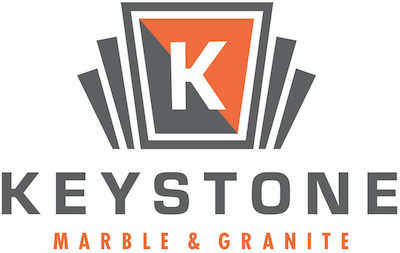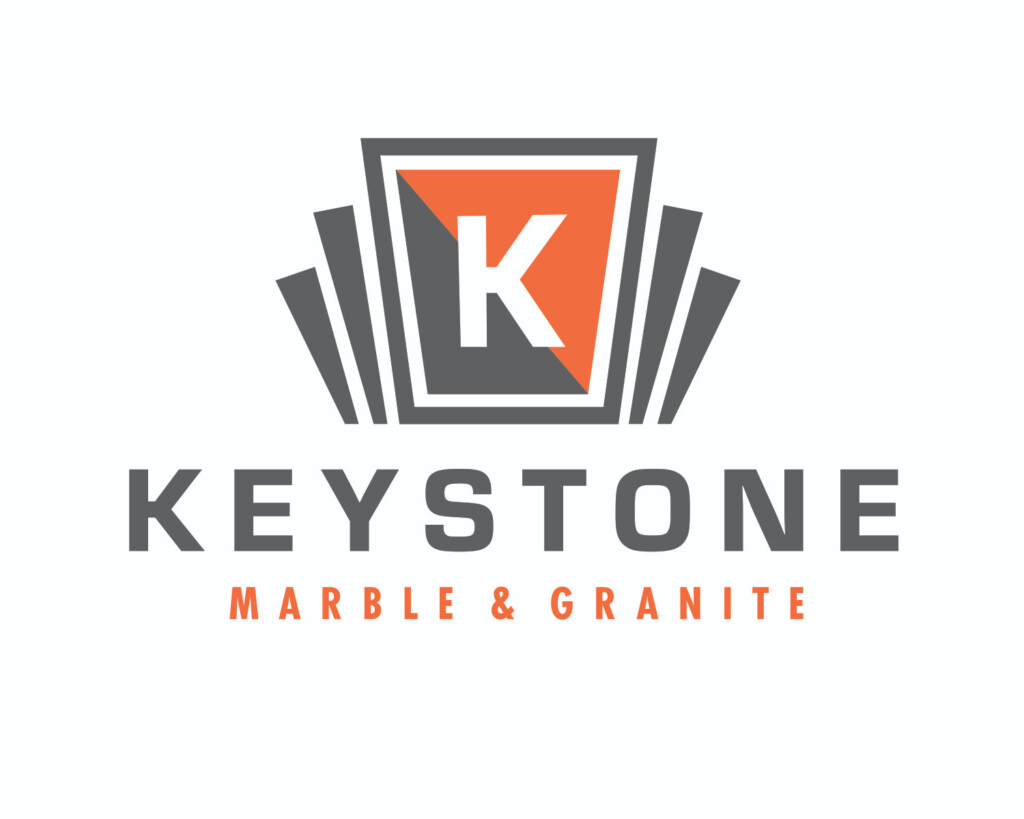A good way to update a kitchen or bathroom is to put nice, stone countertops that will last for many years. Many choices are available, including granite, marble, and quartz countertops. Some people prefer natural stone countertops for their unique look, while others go for the more consistent look of engineered stone. These are all good choices that have proven to bring value over time.
However, there is a relatively new entrant to the game: concrete countertops. Of course, concrete has been an important building material since the ancient Roman times, but the first concrete countertop came out in the 1980s. Even then, most people considered it too rugged for most kitchens. With the development of better staining, colorization, and polishing techniques, however, it has acquired mainstream appeal.
Since granite has an equally long history as a building material as concrete, it might be interesting to compare the two as dimension stones, specifically as kitchen countertops. This can help you decide the better one for your own kitchen.
Costs
Budget is usually an important consideration for homeowners, so one of the easiest things to compare is the cost. The cost of granite countertops has a wide range. It can go as low as $35 and as high as $200 per square foot, installed, depending on the type and origin. Common granite sourced locally would probably be on the low end, while rare granite from outside the US would probably cost a lot more. However, if you are really on a tight budget, you could choose granite tiles instead for $5 to $15 per square foot. It will not look as sleek, but you get most of the advantages of granite.
When it comes to concrete countertops, you might think that it would be much cheaper than granite since cement and sand I always available locally and quite affordable anywhere you are. You probably also don’t expect it to have a wide price range. You would be wrong on both counts.
The simplest concrete countertop starts at $65 per square foot, and it can go as high as $135, depending on the complexity of the design. This does not include installation, which ranges from $30 to $90 an hour. A standard 75 square foot pre-cast countertop takes about 10 hours to install. If you opt to pour in onsite, it takes about 28 hours for the concrete to set properly.
If you do the math, you can see that concrete countertops tend to be more expensive than granite countertops.
Durability
As you might expect, concrete countertops are quite tough. It can take a lot of abuse, although it may show the marks of it in the form of chips and scratches. It is also heat resistant, which makes it ideal for kitchen use. Short of a sledgehammer, concrete countertops will stay relatively intact.
However, concrete countertops are prone to developing hairline cracks, especially along cutouts even after installation. This is especially true for pre-cast countertops. Installers use some type of support to minimize this, but it still happens quite frequently. Fortunately, hairline cracks are easy to repair.
In comparison, granite countertops have no such tendency if it has proper support and had the benefit of professional installation. The biggest danger of damage is during fabrication and installation, so once you have it in your kitchen, you should be safe from that kind of damage with reasonable use.
Granite is extremely durable, and it is heat resistant as well. It will not crack, chip, or break with normal use. If small damages do occur, they are also relatively easy to repair.
In terms of durability, granite counters have the advantage over concrete countertops.
Maintenance
Most people know that natural stone countertops are porous, although granite is much less so than other natural stones. The thing is, concrete is even more porous, so it stains quite easily with any type of liquid, and may even encourage the growth of bacteria.
In both granite and concrete countertops, sealers can minimize the problem of porosity. However, concrete countertops need periodic resealing to keep it stain resistant and food safe. It also requires a monthly waxing to keep it looking nice and clean.
Granite will only require resealing when the sealer wears off, and in some cases, it may not ever be necessary. In fact, some granite slabs are so dense they do not even need sealing in the first place.
Between the two materials, granite requires much less maintenance. It is also safer to use than concrete in the kitchen because it does not encourage bacteria to grow.
Conclusion
Concrete countertops may be trending right now, but by all reports from current owners, it is too much trouble than it’s worth. Some problems may not even It would be evident until sometime afterwards. It is far better to choose granite countertops, which has been around long enough to be a well-known element proven to give value for money.
If you do decide to go the granite countertop route, make sure you get it from a reliable contractor. Keystone Marble and Granite is your best bet in the areas of Columbus, Ohio, Delaware cities, Lancaster and Philadelphia, Pennsylvania.
We have showrooms in Lancaster and Horsham, Pennsylvania as well as New Castle, Delaware and Columbus, Ohio. We will walk you through each slab and explain how each can benefit you in your kitchen or bathroom remodel. If you prefer engineered stones, we also carry the top brands in the industry such as Cambria, Caesarstone, Silestone, and MSI, all with manufacturer warranties.
Once you have chosen your slabs, we provide free professional design consultation and quotes so you know exactly where you are before committing. We also have a quick turnaround, so you will get your products on time and on budget.
We are experts at fabricating and installing engineered stone and granite countertops, so you can be confident that you will get the very best in product and service quality. Give us a call or send us an inquiry through our website to set the ball rolling!


